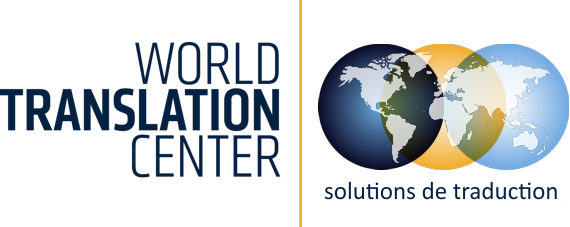WORLD TRANSLATION CENTER EST UN IMPORTANT PRESTATAIRE DE SERVICES LINGUISTIQUES ET D’ENREGISTREMENT VOCAL FAISANT APPEL À DES PROFESSIONNELS SITUÉS DANS LE MONDE ENTIER.
Articles and Stories
Can you say Svyturys?
We recently recorded a commercial for the Lithuanian beer ‘Svyturys’ and one of our American voice talents had to pronounce it properly, an almost impossible task.
Most of us grow up learning one language. We learn the different sounds from our parents and train our tongue so that they come out the same way. Many languages have different sounds, some so different that you cannot properly repeat them unless you are a native speaker of that language.
Spanish speaking people have a very difficult time pronouncing words that start with a ‘sp’ or ‘st’ as they are accustomed to adding the letter ‘e’ in front of it. One example is ‘España’.
Germans have a different way of pronouncing the ‘v’ and ‘w’, and when a show makes fun of Germans, these letters are used to identify them. English speakers have the distinctive ‘r’ and ‘th’ that other languages do not have.
Many east European countries have several ‘shhh’ sounds that we cannot repeat, no matter how often we listen to them and try.
So, when it comes to recording audio or video scripts, the scripts often have English or foreign words in them that the voice talents have to pronounce properly. Like the Lithuanian word ‘Svyturys’. Some words just do not want to come out properly, no matter how hard a speaker tries. The problem with having to pronounce a tough word is that a speaker hesitates a second before the word comes, tries to roll the tongue around in a different way, and then speaks that word. The tongue than has to roll back to the normal position and continue with the recording. The outcome is then that the normal flow of the speech is interrupted and, even with editing out the pauses, the recording of that word still does not sound correct, no matter how often the speaker repeats it.
And then there are English product names that companies would like to keep in English but are ignored. The jeans company ‘Levi’s’ has the emphasis on the last vowel, but in German on the first, it sounds like ‘lávis’, and in Spain, I overheard the ‘iPhone’ called ‘ee po ne’. WiFi in many countries turns into ‘WeeFee’.
A global company normally wants to keep their product names the same all over the word to receive name recognition or to create a brand. However, if the word is difficult to pronounce in other languages, it might be more beneficial to first find a name that is easy to pronounce in many languages or to create new brand names for the different countries.
We can test names around the world to make sure that no mistranslation or misinterpretation is possible.







